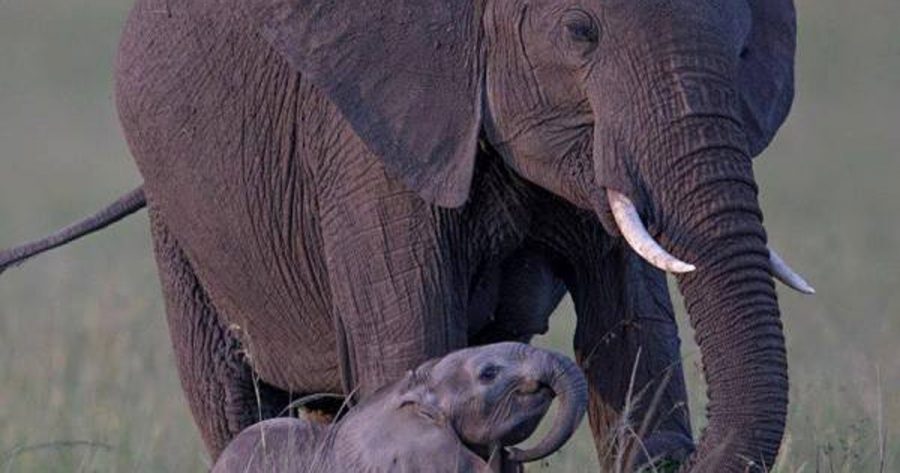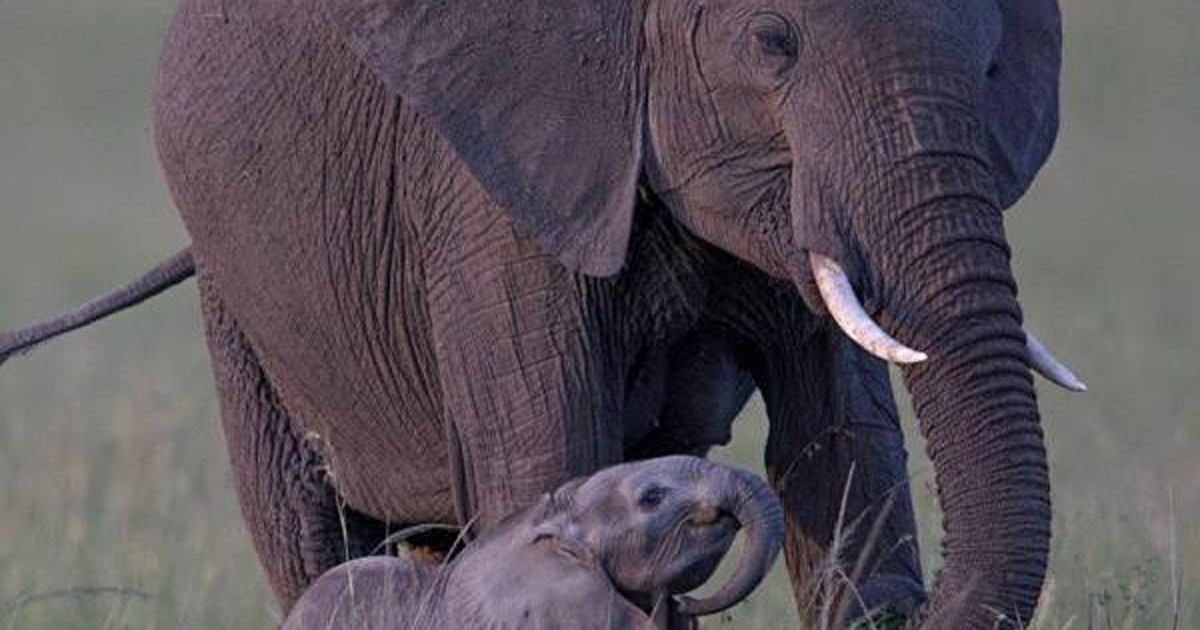
UK Confirms Ban on Ivory Sales to Save Elephants from Extinction
The UK will introduce a ban on ivory sales, Environment Secretary Michael Gove confirmed yesterday as he set out the country’s plans to help protect elephants for future generations. The Government, he said, is publishing the response to its consultation on a UK ivory sales ban, and confirming robust measures that will be brought into […]

The UK will introduce a ban on ivory sales, Environment Secretary Michael Gove confirmed yesterday as he set out the country’s plans to help protect elephants for future generations.

The Government, he said, is publishing the response to its consultation on a UK ivory sales ban, and confirming robust measures that will be brought into force through primary legislation.
The ban will importantly cover ivory items of all ages – not only those produced after a certain date. The maximum available penalty for breaching the ban will be an unlimited fine or up to five years in jail.
There were more than 70,000 responses to the consultation, with over 88 percent of responses in favour of the ban.
The number of elephants has declined by almost a third in the last decade and around 20,000 a year are still being slaughtered due to the global demand for ivory.
Gove said: “Ivory should never be seen as a commodity for financial gain or a status symbol, so we will introduce one of the world’s toughest bans on ivory sales to protect elephants for future generations.
“The ban on ivory sales we will bring into law will reaffirm the UK’s global leadership on this critical issue, demonstrating our belief that the abhorrent ivory trade should become a thing of the past.
“In line with the approach taken by other countries, including the United States and China, there will be certain narrowly-defined and carefully-targeted exemptions for items which do not contribute to the poaching of elephants.”
The exemptions have been tightened since the Government published its proposals for consultation, but still provide balance to ensure people are not unfairly impacted. The exemptions include:
- Items with only a small amount of ivory in them. Such items must be comprised of less than 10% ivory by volume and have been made prior to 1947.
- Musical instruments. These must have an ivory content of less than 20% and have been made prior to 1975 (when Asian elephants were added to CITES).
- Rarest and most important items of their type. Such items must be at least 100 years old and their rarity and importance will be assessed by specialist institutions such as the UK’s most prestigious museums before exemption permits are issued. In addition, there will be a specific exemption for portrait miniatures painted on thin slivers of ivory and which are at least 100 years old.
The UK’s ban will be one of the toughest in the world – the US federal ban exempts all items older than 100 years as well as items with up to 50% ivory content. The Chinese ban exempts ivory “relics”, without setting a date before which these must have been produced.
In October, the UK will host the fourth international conference on the illegal wildlife trade, bringing global leaders to London to tackle the strategic challenges of the trade.
The UK military is also involved in training African park rangers in proven poacher interception techniques in key African countries, and Border Force officers share their expertise in identifying smuggled ivory with counterparts worldwide to stop wildlife trafficking.
Born Free’s co-founder and President, Will Travers OBE, said: “We applaud the government for its recognition of the need for the UK, which has been the largest exporter of ‘legal’ ivory items in recent years, to take action on commercial ivory trade… We implore Parliament to pass the proposed measures into law without delay.”
The CEO of Tusk Trust, Charlie Mayhew MBE said: “We are delighted that the Government has listened to our concerns and given the overwhelming public response to their consultation is now moving decisively to introduce tough legislation to ban the trade in ivory in the UK…”
Tanya Steele chief executive at WWF said: “Around 55 African elephants are killed for their ivory a day, their tusks turned into carvings and trinkets. This ban makes the UK a global leader in tackling this bloody trade and it’s something WWF has been fighting hard for.
“But if we want to stop the poaching of this majestic animal, we need global action. We hope the UK will continue to press countries where the biggest ivory markets are, most of which are in Asia, to shut down their trade too.”
John Stephenson, CEO Stop Ivory said: “This is a significant day for the future of elephants… Ivory belongs on an elephant and when the buying stops the killing will stop.
“As profits become ever greater, the illegal wildlife trade has become a transnational organised enterprise, estimated to be worth up to £17 billion a year…”
